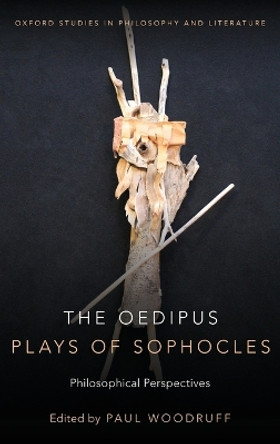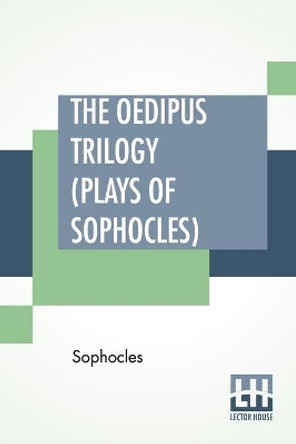Oedipus presents ceaseless paradoxes that have fascinated readers for centuries. He is proud of his intellect, but he does not know himself and succumbs easily to self-deceptions. As a ruler he expresses the greatest good will toward his people, but as an exile he will do nothing to save them from their enemies. Faced with a damning prophecy, he tries to take destiny into his own hands and fails. Realizing this, he struggles at the end of his life for a serenity that seems to elude him. In his last misery, he is said to illustrate the tragic lament that it is better not to be born, or, once born, better to die young than to live into old age. Such are the themes a set of powerful thinkers take on in this volume-self-knowledge, self-deception, destiny, the value of a human life. There are depths to the Oedipus tragedies that only philosophers can plumb; readers who know the plays will be startled by what they find in this volume. There is nothing in literature to compare with the Oedipus plays of Sophocles that let us see the same basic myth through different lenses. The first play was the product of a poet in vibrant late middle age, the second of a man who was probably in his eighties, with the vision of a very old poet still at the height of his powers. In the volume's introduciton, Paul Woodruff provides historical backdrop to Sophocles and the plays, and connections to the contributions by philosophers and classicists that follow.
About the AuthorPaul Woodruff is a professor of philosophy and classics at the University of Texas at Austin. He has published on ancient Greek philosophy, ethics, and philosophy of theater. His recent books include The Necessity of Theater: the Art of Watching and Being Watched (2008), and The Ajax Dilemma: Justice, Fairness, and Rewards (2011).
ReviewsThis is a successful book; the essays are well-written and the contributors have each done a good job in answering the questions they have been set or which they have set themselves ... The philosophical legacies of the Sophoclean Oedipus are manifold and ever proliferating, and this book gives a glimpse into just one of the many ways in which they can and should be explored. * Adam Lecznar, Bryn Mawr Classical Review *
Book InformationISBN 9780190669454
Author Paul WoodruffFormat Paperback
Page Count 264
Imprint Oxford University Press IncPublisher Oxford University Press Inc
Weight(grams) 306g
Dimensions(mm) 210mm * 142mm * 15mm









